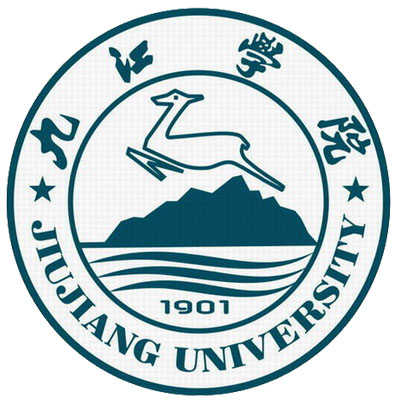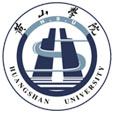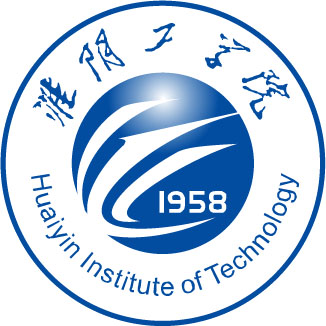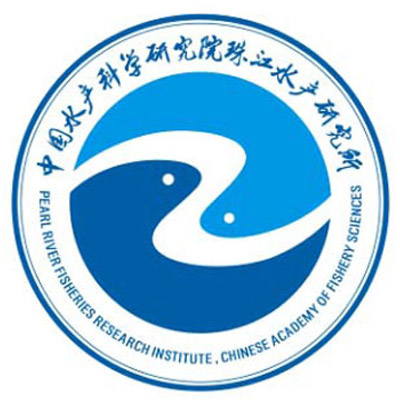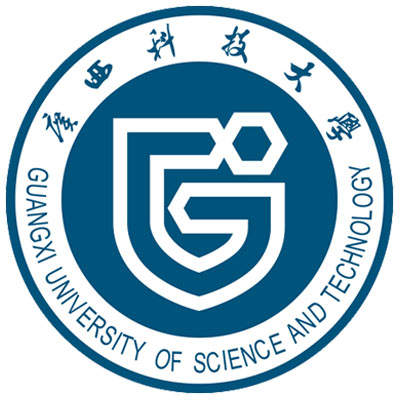招聘簡介:
合同期限:3年
Petsalaki小組研究人類細(xì)胞信號傳遞,旨在了解在不同環(huán)境、組織和條件下控制不同細(xì)胞反應(yīng)的因素。我們分析和整合不同的“組學(xué)”數(shù)據(jù)集(重點(diǎn)是磷蛋白組學(xué)和蛋白質(zhì)組學(xué)),以提取和比較上下文特定的信號網(wǎng)絡(luò)。更多信息請訪問:Petsalaki
Zaugg小組調(diào)查了個體間分子表型的變化及其遺傳和表觀遺傳變異,目的是更好地了解復(fù)雜遺傳疾病的分子基礎(chǔ)和個體間藥物反應(yīng)的差異。我們在計算調(diào)控基因組學(xué)、轉(zhuǎn)錄組學(xué)和數(shù)據(jù)整合方面擁有強(qiáng)大的專業(yè)知識。更多信息請訪問:Zaugg
英文原文:
Contract Duration: 3 years
The Petsalaki group studies human cell signalling with the aim to understand what controls different cell responses in different environments, tissues and conditions. We analyse and integrate diverse 'omics' datasets (with emphasis on phosphoproteomics and proteomics), to extract and compare context-specific signalling networks. More info at: Petsalaki
The Zaugg group investigates the variation of molecular phenotypes among individuals along with their genetic and epigenetic variation with the aim of better understanding the molecular basis of complex genetic diseases and inter-individual differences in drug response. We have strong expertise in computational regulatory genomics, transcriptomics and data integration. More info at: Zaugg
Your role
Combination therapies aimed at inhibiting multiple targets or cancer pathways can combat resistance and exploit new actionable dependencies in defined genetic contexts. The candidate will work as part of collaborative team to unlock the potential of rational target/pathway combinations in oncology through ambitious integrative network biology and large-scale functional genomics screens.
You will handle very large and diverse omics datasets, ranging from genomics to phosphoproteomics, as well as CRIPSR perturbation data. You will integrate such data and analyse it using advanced statistical approaches, as well as network modelling to identify cell network rewiring upon perturbation and predict combination targets. You are expected to work independently and will be the main driver of the project. You will be employed at EMBL-EBI as part of the Petsalaki group and have a joint appointment with the Zaugg group at EMBL Heidelberg. In addition, you will work tightly with the members of the collaborative project that also includes the team headed by Mathew Garnett at the Sanger institute.
This project is funded by Open Targets which is a public-private partnership that uses human genetics and genomics data for systematic drug target identification and prioritisation. This project will involve scientific teams from the Sanger Institute, European Bioinformatics Institute (EMBL-EBI), European Molecular Biology Laboratory (EMBL) and multiple pharmaceutical companies working collaboratively to develop new combination therapies for cancer.
You have
Strong background and skills in large scale data analysis preferably using biological data
Excellent knowledge of advanced statistics
Excellent ability to communicate in written and oral English and work in a team
Excellent programming skills preferably in python and R
High enthusiasm for mining data for generating biological hypotheses
You might also have
The skills below are not necessary but would be an asset:
Experience in network modelling
Background knowledge in epigenetics, gene regulatory networks and/or cell signalling
為防止簡歷投遞丟失請抄送一份至:boshijob@126.com(郵件標(biāo)題格式:應(yīng)聘職位名稱+姓名+學(xué)歷+專業(yè)+中國博士人才網(wǎng))
中國-博士人才網(wǎng)發(fā)布
聲明提示:凡本網(wǎng)注明“來源:XXX”的文/圖等稿件,本網(wǎng)轉(zhuǎn)載出于傳遞更多信息及方便產(chǎn)業(yè)探討之目的,并不意味著本站贊同其觀點(diǎn)或證實(shí)其內(nèi)容的真實(shí)性,文章內(nèi)容僅供參考。






